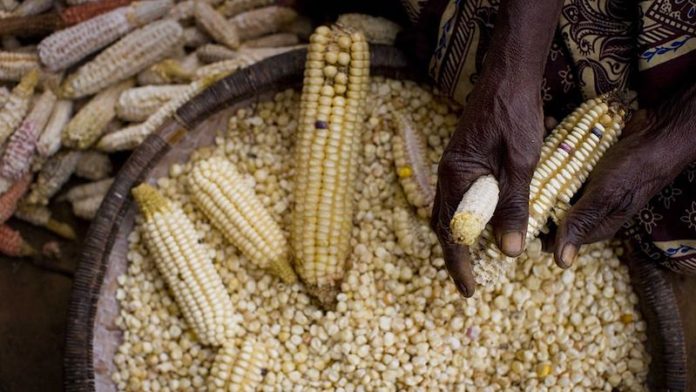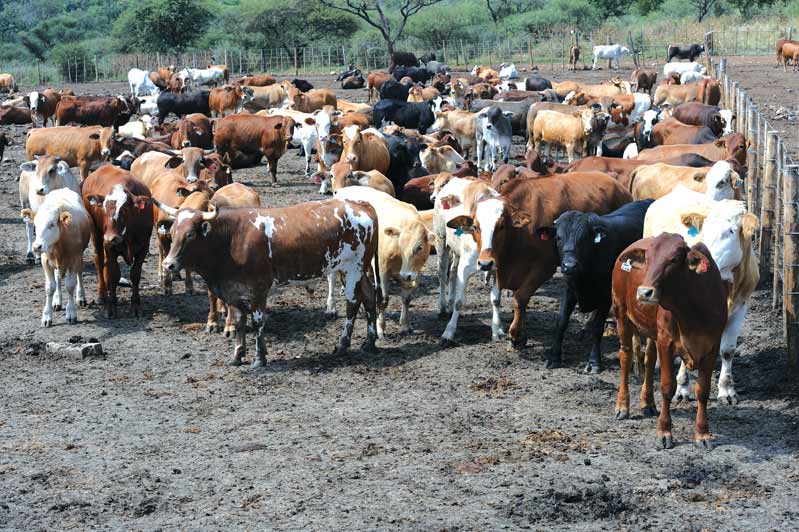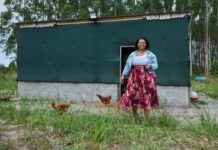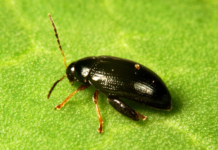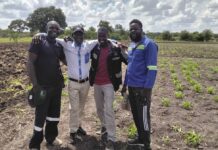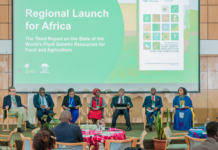As the harvest is fully established across much of Lesotho, households are accessing food from their own production.
However, Stressed (IPC Phase 2) outcomes are still expected through at least September as household income remains below average, limiting the purchase of other non-food needs.
This is the latest situational report on crop assessment for Lesotho released by Famine Early Warning Systems Network (FEWS NET).
“The harvest is expected to peak between June and July. Most poor households access own-produced food while accessing income from harvesting labor, land preparation, and planting for winter production. Although a below-average 2022 harvest is expected, households will likely continue consuming food from own production through August/September,” it said.
FEWS NET added that maize meal prices were stable between March and April and about 15% higher than the five-year average.
“Wheat flour prices were stable month-on-month while nearly 39% higher than average. Price pressures are expected to persist amid high global prices for fuel, fertiliser, energy products, and high shipping costs. In March, annual inflation was stable at 7.2% compared to 7.5% in February.
“In March, the month-on-month inflation rate accelerated to 0.8% from 0.3 registered in February, mainly driven by price increases in electricity, gas, transportation, and food.”
According to FEWS NET, below-average income is expected for poor households through September. Households are expected to start accessing income from crop sales as the harvest peaks between June and July.
However, income from crop sales is likely to be below average due to the expected below-average harvest. Poor households are also anticipated to access some income from agricultural labor, mainly from land preparation as preparation for the next production season begins in August and September.
Throughout the projection period, poor households are expected to access income from self-employment activities as well as gardening. However, due to reduced purchasing power amidst increasing global prices for fuel, fertiliser, and high shipping costs, income from these activities is expected to be below average.
FEWS NET is a leading provider of early warning and analysis on acute food insecurity around the world.


